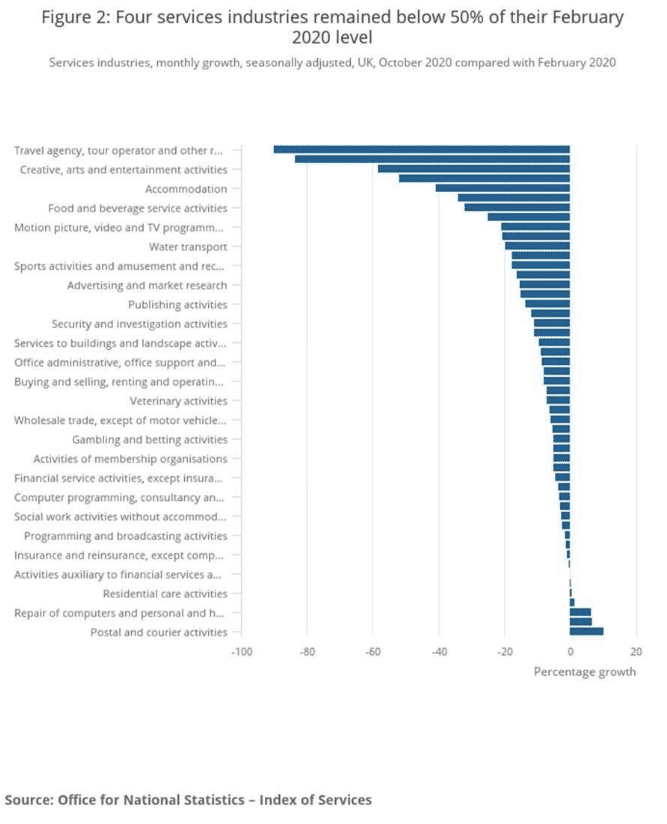Skift Take
The debate about how video conferencing will replace business meetings is too obvious. Next year we should be talking about money.
The earliest flashpoint in the crisis was the pandemic’s exposure of a fragile payment ecosystem. Corporate travel agencies were, and still are, caught in the middle.
Let’s rewind the clock. As soon as airlines entered survival mode, the trouble began as they failed to refund passengers as well as their travel agency partners.
“This is in contravention of IATA ruling 824r. These airlines are instead offering vouchers which prevent the BTA’s member travel management companies from refunding their corporate traveller customers,” said the UK’s Business Travel Association CEO, significantly ahead of the curve in March this year.
The net result? Catastrophic cashflow problems, made worse for those agencies that had paid up front for client travel (a business practice itself that ought to change, according to some).
Sign Up Now to Receive Skift Research Global Travel Outlook 2021
The refunds are slowly being processed, but with airlines accused of being “light years away from the reality of what is happening around us,” and facing legal threats, the International Air Transport Association will need to address this once the dust settles.
Another practice to be exposed was the transaction fee. Most corporate travel agencies charge a set amount per booking, and corporate clients on the whole seem to like it. Procurement teams find it’s a simple way to approach to budgeting, allocate costs to various departments. Agencies get to wrap in all the other services they provide, like policy advice, traveler tracking and admin, into that single fee.
But when the business trips stopped — so too did their revenue. The situation was made worse by the fact that many travel agencies weren’t able to take advantage of financial compensation to temporarily lay off workers because their staff were needed to claw back airline refunds, or process unwieldy amounts of credit vouchers.
In the UK, travel agents and tour operators have been worst hit by the pandemic compared to any other services sector, according to the Office for National Statistics, as the chart below demonstrates.
Despite the blow dealt to the agencies, their calls for sector-specific state aid fell on deaf ears.
In 2021, it will be time to reboot the model and agencies shouldn’t shy away from charging for their expertise. Giants like Microsoft are willing to embrace new ways of working, as they see the benefits in supporting industry partners, while some are already taking the bold step of starting a subscription model.
Transaction fees may even be on their way out if more businesses consider “open booking” policies.
Corporate travel agencies sit at so many different intersections with other parts of the wider travel industry. Rather than be at their mercy, conversations are needed about how the money flows in a more equitable manner.
The Daily Newsletter
Our daily coverage of the global travel industry. Written by editors and analysts from across Skift’s brands.
Have a confidential tip for Skift? Get in touch
Tags: business travel, coronavirus, travel agents
Photo credit: Business meetings will take place next year, but corporate travel agencies will be re-evaluating their roles. Rawpixel Ltd / Flickr
